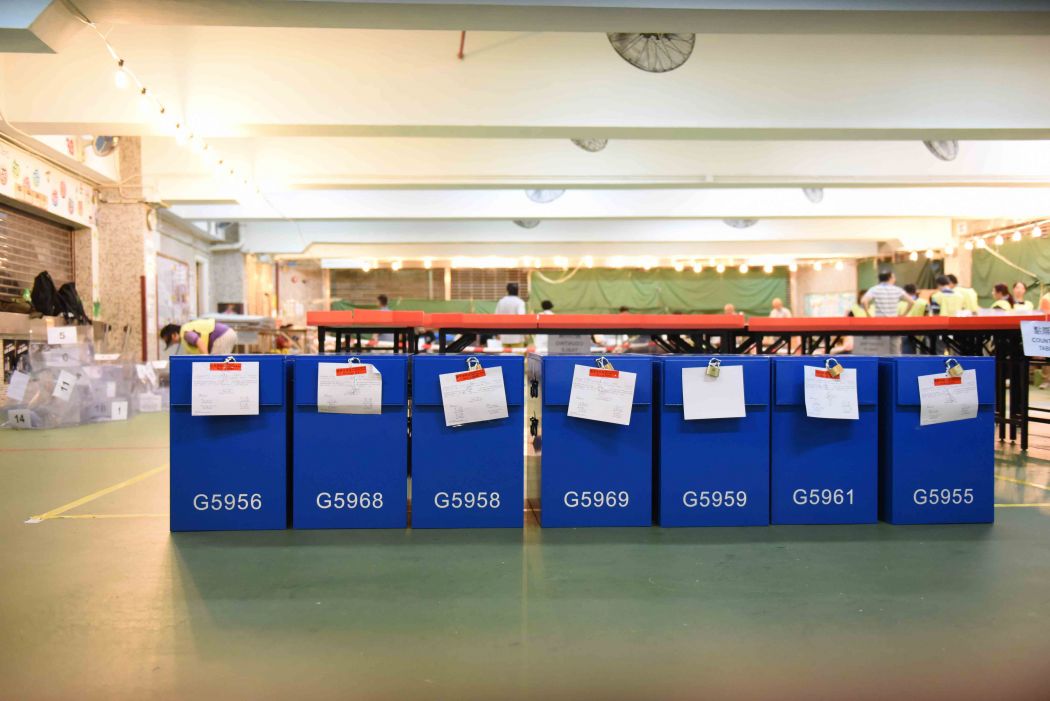The Registration and Electoral Office (REO) has rejected 130 new voter applications for the Information Technology sector, claiming that the applicants, or the industry organisation they belonged to, failed to provide information proving their eligibility. However, applicants have questioned whether the REO did its best to confirm the details.
IT professionals can register in the sector, which has a seat in the Legislative Council and 30 on the chief executive election committee. However, they must be members of industry organisations that the government recognises.
Recently, some IT professionals who submitted new registration applications to the REO received enquiries over their qualifications, and their applications were later rejected.

In a statement on Tuesday, the REO said that, among the 151 new applications received in the last registration cycle up until May, the Electoral Registration Officer was dissatisfied with the eligibility of 130 cases, and rejected them.
It said the rejections were because “some of the specified bodies or applicants have not provided the information required pursuant to the requirements, or the information provided is incomplete, and/or the specified bodies to which the applicant belongs have not confirmed the… eligibility of the relevant applicant as an elector.”
Bureaucracy
Mr Chan, an IT professional who had his application rejected, questioned whether the REO did its best to confirm his eligibility.

Chan told HKFP that he submitted an application after the Legislative Council election last September. He received a letter from the REO in May asking him to prove he was a member with voting rights at the general assembly of the Institute of Electrical and Electronics Engineers (IEEE) Hong Kong chapter.
Chan said he replied to the REO in an email with the information requested, but there was no automated receipt confirmation, unlike its usual practice. The REO sent a letter to him again, warning that his application may be rejected if he did not submit the relevant details.
He asked the REO once more why his email was not received, and the REO requested his working and education records. But after Chan sent the them to the REO, there was still no confirmation of receipt.
Last week, Chan finally learnt that his application had been rejected as the REO said the IEEE had not confirmed his eligibility.
“I understand that IEEE has a heavy workload, and it may not be able to handle the heavy administrative work suddenly demanded by the REO,” Chan said.

Pro-democracy groups have urged professionals to register as IT sector voters through IEEE.
Chan questioned whether the REO’s decision indicates a different agenda whereby it is rejecting applications from IEEE members: “Then there will be more voters registered with the pro-Beijing Internet Professionals Association.”
IT sector lawmaker Charles Mok has said he will follow up on the matter.
The developments came after the arrest of 72 people by the anti-corruption watchdog for alleged vote-rigging activities in the IT Functional Constituency in connection to the 2016 Legislative Council election.
